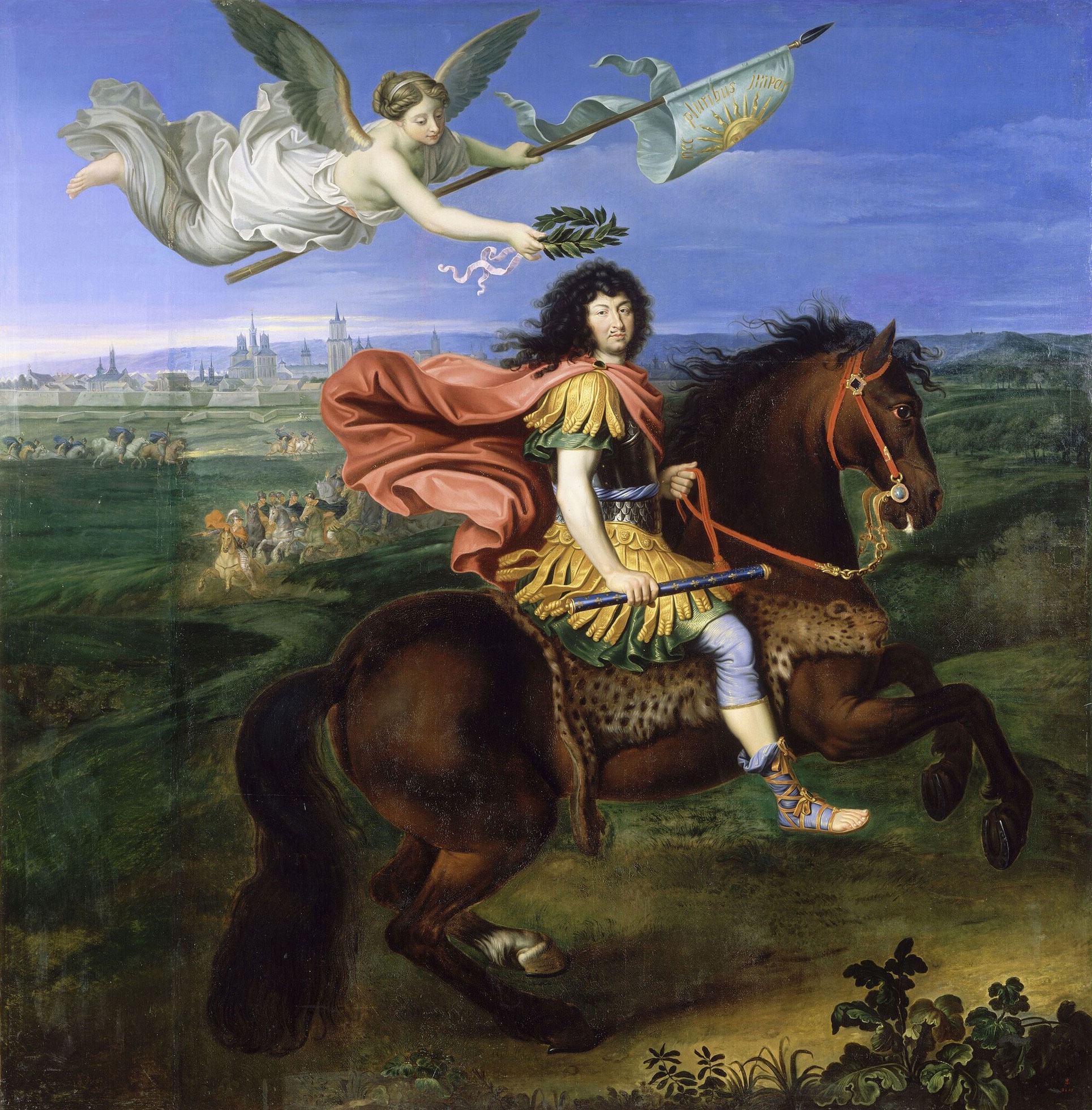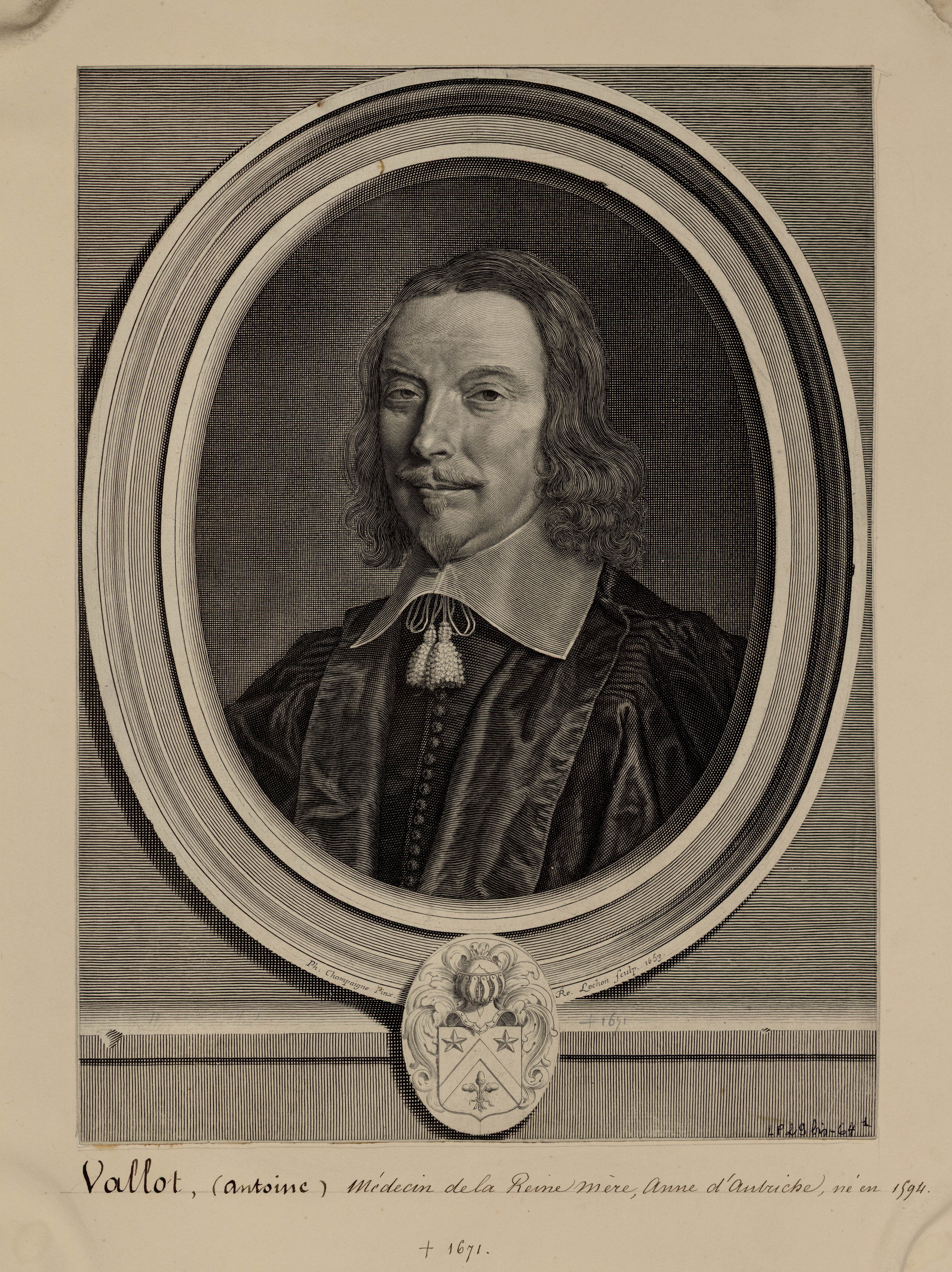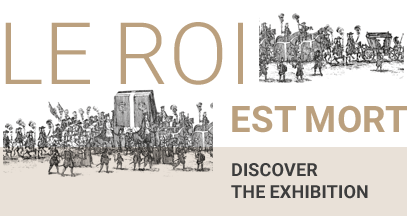7th July 1658: is Louis XIV dead? #1
By Stanis Perez
During the summer of 1658 it was announced in Paris that the young Louis XIV had succumbed to a particularly virulent fever. Eyes then began to turn to his brother, Philippe, and a new regency seemed imminent. In reality, however, the king was not dead. Let us revisit this ‘illness of the dupes’, an event which is little-known to many.
The health journal of Louis XIV gives us great insight into the circumstances of this illness. Near Dunkirk, the sovereign pursued the English and took up position in the Fort of Mardyck, which had recently been deserted by the enemy. This was a scene of horror: ‘His Majesty suffered greatly due to the discomfort of the site, the contamination of the air and water, a large number of sick people, several corpses on-site and a thousand other inconveniences […].’ It was at this insalubrious site that, a few days later, Louis fell ill.

The king’s entourage began to fear a fatal outcome; the treatments administered by the archiatres (the king’s personal physicians) were further weakening the illness. Sensing his death was imminent, the king requested to receive communion on 6th July. Bloodletting from the arm and foot followed, in the hope of relieving the head from a temperature which was becoming unbearable.
Medicine during the Grand Siècle was clearly lacking in knowledge of all forms of typhoid; the infectious disease which the king in fact contracted in the cesspools at Mardyck. This disease, which gained notoriety during the First World War, was particularly common in overcrowded areas where lice and flees multiplied on seldom washed bodies.
During the king’s illness, the entire Court was at risk of collapse. It was 1658, the time when the Fronde civil wars were still ongoing and the dual government of Anne of Austria and Mazarin was far from achieving unanimity. Everyone awaited the moment; an accident, a poisoning, or another unforeseen circumstance which could reshuffle cards in an unfinished game. This illness clearly played into the hands of certain rebels who took advantage of the king’s absence and, above all, of his poor condition in order to attempt, if not a veritable coup d’état, at least a new anti-Mazarin rebellion. Nothing was straightforward in this situation as a betrayal was possible, even on the part of physicians. Guy Patin, renowned dean of the Faculty of Medicine and outstanding letter writer, opposed the king’s brother’s physician who promoted, with total impunity, a remedy then kept for its highly toxic nature: emetic wine. In short, it would have been easy to poison the monarch, to blame his death on the illness and to arrange a coronation for Philippe V…
Patin however failed to mention that, if the emetic was officially a poison, the king’s physicians were reluctant to use such a hazardous substance: they trembled with fear for both the life of their renowned patient and their prestigious position at Court! Indeed, the solution adopted satisfied everyone: an unknown physician from Abbeville was responsible for dispensing emetic wine to the sovereign and it was therefore he who became the lightening rod in the event of any complications. Thus, prompted by Mazarin, a mixture of wine, various plants and antimony filings (a metal similar to lead) were prepared and left to infuse for several hours. The end result was a strong purgative, the bitterness and metallic flavour of which caused violent vomiting. Medical logic was observed; it was necessary to free the body from whatever caused it discomfort.
The next soon...
Stanis Perez, Maison des Sciences de l'Homme, Paris-Nord.






















